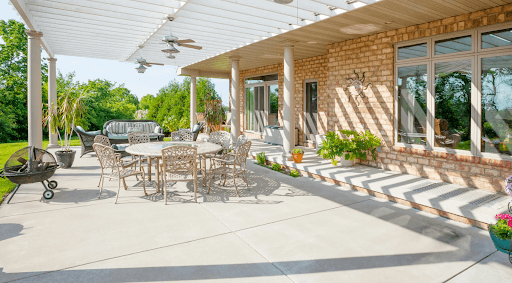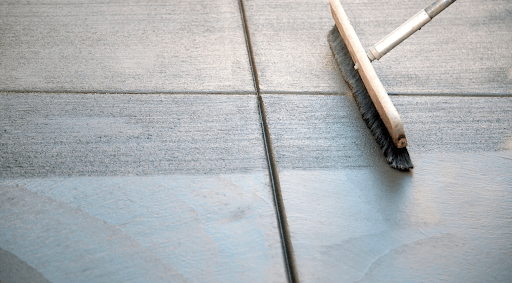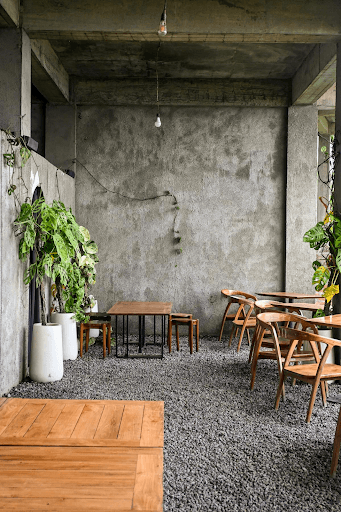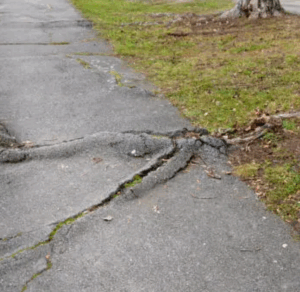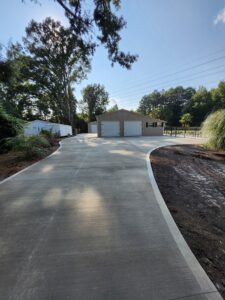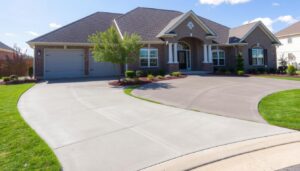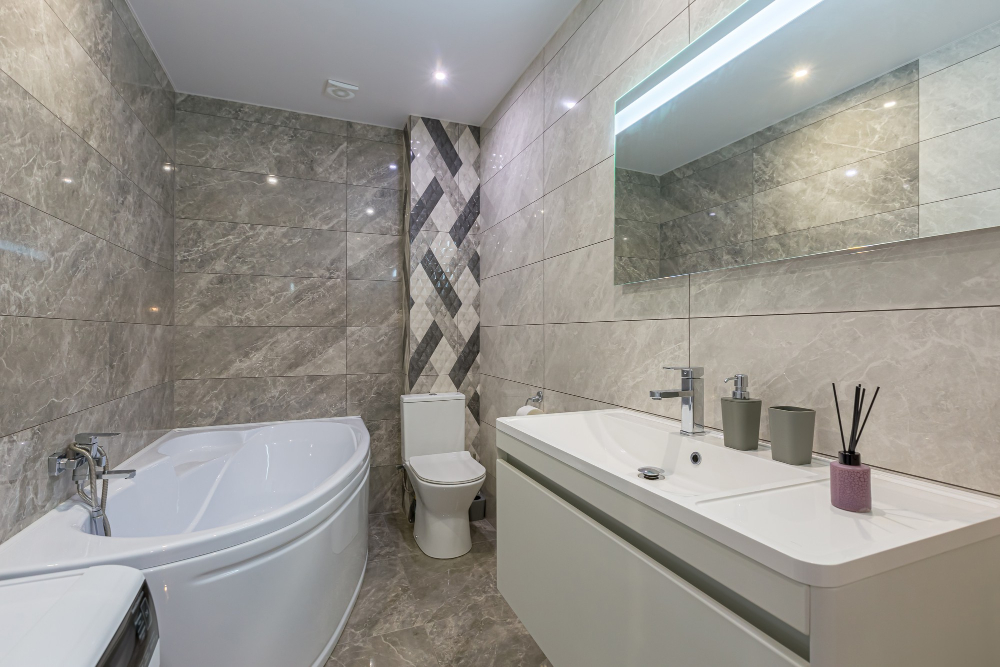What is a Waterproofing Material: An Essential Guide to Choosing and Using Waterproofing Solutions
Welcome to our in‐depth guide on waterproofing material. In our projects, waterproofing – including techniques like concrete waterproofing and balcony waterproofing – is a critical factor in protecting structures against water damage, improving durability, and ensuring longevity. This article explains what waterproofing material is, details its various types and methods such as patio waterproofing, and provides guidance on selecting, maintaining, and inspecting these materials. Our discussion is organized into clear sections that address key questions raised during project planning and implementation.
What Is Waterproofing Material and Why Is It Important for Your Project?
Waterproofing material is a substance used to prevent water infiltration and protect building substrates from moisture damage. In many constructions, concrete waterproofing is essential for ensuring that surfaces like concrete remain resilient against water exposure. Reliable waterproofing solutions not only enhance longevity and safeguard structural integrity but also ensure compliance with building codes, making balcony waterproofing a preferred choice for exposed residential areas. By forming a barrier against soil moisture, condensation, and extreme weather conditions, these materials protect foundations, decks—where pool-deck-waterproofing is often applied—basements, and other critical components.
Different Types of Waterproofing Materials
There are several types of waterproofing materials available. Examples include: - Bituminous membranes: Used on roofs and basements due to excellent adhesion and durability. These membranes are often employed in balcony waterproofing applications to protect exposed external surfaces. - Liquid-applied membranes: Ideal for complex shapes; these are sprayed or brushed to form a seamless barrier, making them particularly suitable for pool-deck-waterproofing in recreational areas. - Cementitious coatings: Often applied to concrete surfaces where a rigid waterproof layer made of cement and admixtures is needed, a method integral to effective concrete waterproofing. Each type offers unique properties such as flexibility, chemical resistance, and ease of application, ensuring that project-specific needs—whether for fiber reinforcement, extreme weather resilience, or drainage—are met.
Which Project Types Require Waterproofing Materials?
Waterproofing is essential for projects such as urban basements, decks reinforced by commercial deck waterproofing, bathrooms, foundations, and bridges. Structures exposed to extreme weather, high moisture, or frequent water contact—including concrete slabs benefiting from concrete waterproofing, masonry walls, and drywall installations often paired with balcony waterproofing—benefit from these solutions to avoid costly water damage and maintain operational integrity.
How to Choose the Right Waterproofing Material for Your Project

The selection process requires evaluating project conditions and environmental stressors, including factors like commercial deck waterproofing. Consider the type of substrate (concrete, brick, or wood) and options such as concrete waterproofing, anticipated water pressure, and specific exposure conditions—especially in areas where pool-deck-waterproofing might be required. Technical data sheets and professional advice help ensure the chosen waterproofing solution is compatible with project needs and environmental challenges such as humidity, soil moisture, and thermal fluctuations.
Factors that Influence Your Waterproofing Material Selection
Key factors include: - Substrate type and surface preparation requirements, particularly in cases of concrete waterproofing where the underlying material must be robust. - Expected water pressure and ambient temperature conditions, factors that are critical for pool-deck-waterproofing applications. - Durability needs and method of application (spray, brush, or roll-on), which are important considerations in commercial deck waterproofing setups. For instance, a project exposed to high moisture—such as a bathroom benefiting from balcony waterproofing or a deck incorporating patio waterproofing techniques—may require materials known for their elasticity and high chemical resistance.
How Do Quality and Brand Impact Waterproofing Material Performance?
Quality and brand reputation are crucial, especially in areas like concrete waterproofing. Trusted brands invest in research to deliver products that maintain consistent adhesion, longevity, and resistance to damage. Investing in high-quality, reputable products, such as balcony waterproofing and pool-deck-waterproofing solutions, can lower maintenance costs and reduce unexpected failures, contributing to sustainable building practices.
Are There Eco-Friendly or Sustainable Waterproofing Material Options?
Yes, eco-friendly options such as water-based membranes and recycled polymers used in concrete waterproofing and balcony waterproofing offer protection while reducing harmful volatile organic compounds (VOCs). These sustainable solutions also play a role in pool-deck-waterproofing, helping protect the building envelope and contributing to green building certification, aligning with broader environmental goals.
What Are the Common Waterproofing Methods and How Do They Relate to Materials?
Various methods are employed based on the material and project requirements. For example, concrete waterproofing is often integrated in projects requiring robust structural defense, while balcony waterproofing is ideal for protecting exposed outdoor features. Some methods involve applying liquid membranes, while others use sheet membranes. In larger-scale applications, commercial deck waterproofing offers comprehensive protection for horizontal surfaces. Both approaches have unique technical procedures and performance profiles that suit different construction scenarios.
Difference Between Sheet Membranes and Liquid-Applied Waterproofing
Sheet membranes, commonly used for concrete waterproofing, are pre-formed materials, installed in rolls, and provide a consistent thickness with immediate protection. In contrast, liquid-applied membranes, which can be very effective in balcony waterproofing applications, are brushed or sprayed on, curing into a seamless layer that easily covers irregular surfaces and penetrates minor defects. Both systems require proper surface preparation and adherence to manufacturer guidelines to be effective, especially in pool-deck-waterproofing scenarios.
How Does Installation Affect Waterproofing Material Effectiveness?
Effective installation is critical, particularly in concrete waterproofing and pool-deck-waterproofing projects. Even the best materials can fail if installed improperly—issues like insufficient surface preparation, improper overlap, or poor curing can compromise performance. Following manufacturer guidelines and hiring professional installers, as seen in commercial deck waterproofing efforts, ensures optimal adhesion and longevity.
When Should You Consider Professional Waterproofing Services?
Professional services should be sought for complex projects, such as concrete waterproofing and patio waterproofing, or when specialized installation methods like balcony waterproofing are required. For high-risk structures or large-scale applications, expert consultation ensures compliance with building codes and maximizes long-term durability, particularly through commercial deck waterproofing.
Maintain and Inspect Waterproofing Materials to Ensure Longevity
Routine maintenance and thorough inspections, including elements of commercial deck waterproofing, are key to long-term performance. Scheduling regular visual and technical inspections—paying special attention to concrete waterproofing and balcony waterproofing details—helps detect early signs of deterioration, allowing for prompt remediation before minor issues become major problems.
How Often Should Waterproofing Systems Be Inspected?
It is recommended to inspect waterproofing systems, including concrete waterproofing and balcony waterproofing, at least once a year. In environments with high moisture or extensive use, quarterly inspections may be necessary to quickly address any signs of failure, especially in areas utilizing pool-deck-waterproofing.
What Signs Indicate Waterproofing Material Failure or Damage?
Common indicators include visible cracks, bubbling, discoloration, and water stains on adjacent surfaces often found in areas with concrete waterproofing. Additionally, damp patches or mold growth on interior walls—commonly seen in spaces using patio waterproofing or commercial deck waterproofing—suggest that the waterproofing barrier may be compromised and require immediate attention.
The Regulations and Standards Should You Know When Using Waterproofing Materials
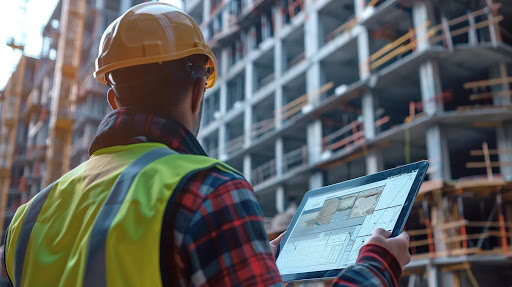
Adhering to local building codes and industry standards is a critical part of any waterproofing project, with concrete waterproofing often serving as a foundational method in creating a durable barrier. In projects that include external spaces such as those on balconies or patios, balcony waterproofing is commonly integrated to enhance moisture protection. These regulations detail performance requirements related to fire resistance, durability, and compatibility with building substrates, ensuring that specialized applications like pool-deck-waterproofing meet the necessary safety and performance criteria. Compliance not only ensures safety but also enhances overall project performance.
Building that Codes Affect Waterproofing Material Use
Local codes often specify minimum performance benchmarks for waterproofing materials such as commercial deck waterproofing, tailored to various climates and structural types. This includes standards for fire resistance and durability, ensuring that materials meet essential safety requirements and incorporate practices like concrete waterproofing and balcony waterproofing.
Industry Standards Ensure Waterproofing Material Quality
Standards set by organizations like ASTM International and the International Code Council (ICC) cover key aspects such as adhesion, tensile strength, and chemical resistance, which are essential for concrete waterproofing in many building applications. Meeting these standards can improve insurance coverage for projects like balcony waterproofing and patio waterproofing, ultimately increasing the property’s resale value.
How Do Regulations Impact Project Planning and Material Selection?
Regulations affect every phase—from design and material choice, including concrete waterproofing techniques, to the installation process with considerations for balcony waterproofing and pool-deck-waterproofing. They help ensure that selected materials are well-suited for the intended environment and that projects are planned with legal and technical requirements in mind, reducing the possibility of future complications.
Table: Comparison of Common Waterproofing Materials
Before proceeding to our FAQs, here is a summary table comparing various waterproofing materials:
| Material Type | Application Method | Typical Cost (per ft²) | Key Benefit |
|---|---|---|---|
| Bituminous Membrane | Sheet installation | $3.00 - $5.00 | Excellent adhesion and durability |
| Liquid-Applied Membrane | Brush/spray application | $4.00 - $8.00 | Seamless coverage on irregular surfaces |
| Cementitious Coating | Trowel/roller technique | $1.50 - $3.00 | Rigid, strong bond for concrete substrates |
This table provides a quick reference to key attributes, cost ranges, and benefits that help guide material selection.
Final Thoughts
In our projects, waterproofing material represents a critical investment in the longevity of structures. By selecting the right type and ensuring proper installation and maintenance, costly water damage can be prevented while building integrity is reinforced. This guide provides a clear framework for the selection, application, and care of waterproofing systems. We encourage you to consult with experts for customized solutions that meet the specific demands of your project.
